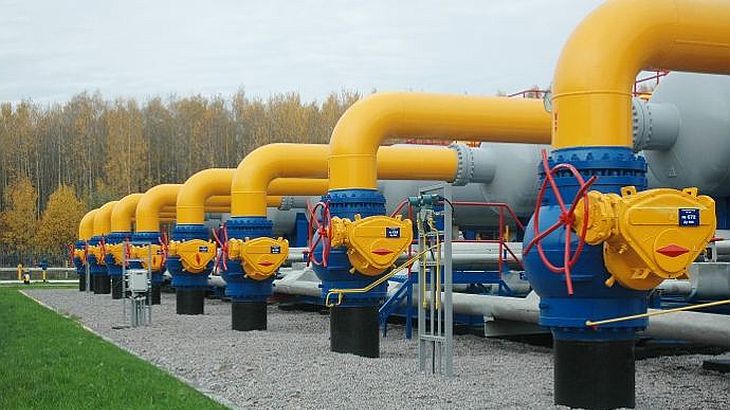###author###
More than 96% of the gas import quota is ensured by industrial consumers, a fact that led to a cut in production capacity and sent employees into technical unemployment, says the Romanian Investors Council (CIR ).
CIR has proposed legislative measures that would eliminate the natural gas “basket” for all eligible customers. The organization also requires removal of CETs from the regulated market and their transition to the free market and correcting the Annex 1 of the HG 22/2013 with a growth chart of domestic gas prices over a larger period of time, due to the extension of the price liberalization calendar.
CIR also requires transportation tariff reduction or creating a mechanism that would offer trade discounts for the supply of natural gas to interruptible customers, creating facilities for trading natural gas contracts for a term of a week, a month, a quarter, or a year.
According to CIR , the enforcement of legislation on the structure of the gas mixture internal/imported, the regulatory body ANRE set a ”basket” for domestic consumers and thermo producers (for the amount of gas used in the thermo production for the population), according to which the import is set at 5%.
Also, the ”basket” for natural gas distributors is formed from 5% imports. A third type of ”basket” is the one for producers of electricity, of 0% imports . Given that Romania produces only about 75% – 80% of natural gas demand, now more than 96% of imports duty is ensured by industrial consumers.
“Following the difficult situations recorded in the gas market, the industry capacity has been reduced, as the production of the main branches was affected – steel industry and metallurgy, machine production, glass and ceramics, the chemical industry. At best, companies have sent employees into technical unemployed for long periods, all this due to the rising gas prices,” says a CIR statement.
“In these circumstances, CIR signals and demonstrates that rapid gas price liberalization brings nothing good to neither producers, nor to consumers or to the Romanian economy ,” according to a press release quoted by Agerpres.
CIR emphasizes that the International Energy Agency (IEA ) stipulates, in its latest report, World Energy Outlook 2013, that higher energy prices and natural gas affects the competitiveness of the European Union.
“The cost of energy may be vital for the competitiveness of energy-intensive industries ( … ) . The highest energy costs are in the chemical and petrochemical industry, where they can reach up to 80% of total production costs,” says the EIA report.

